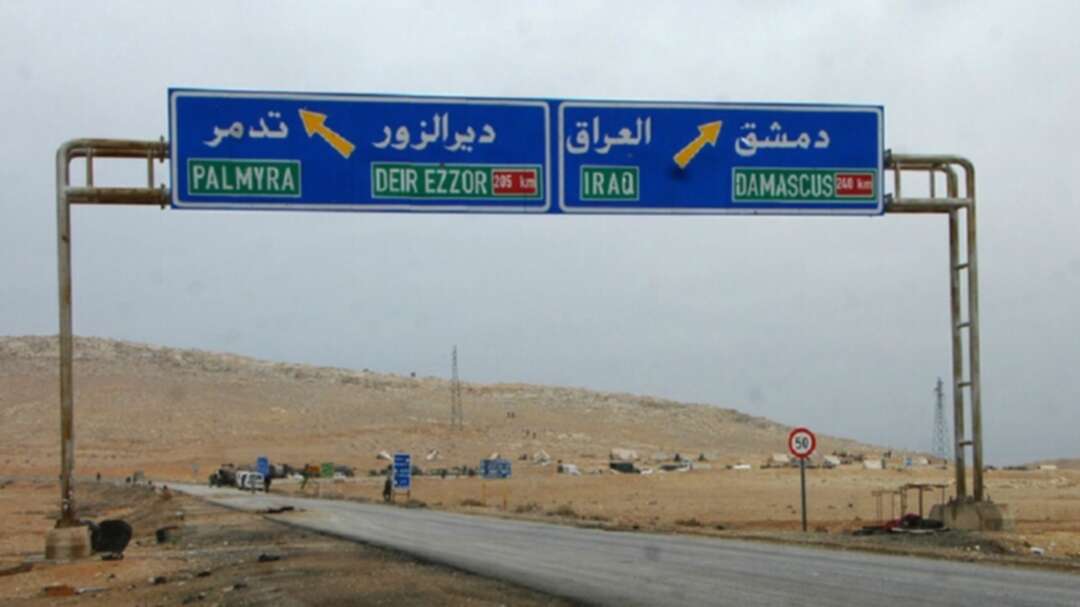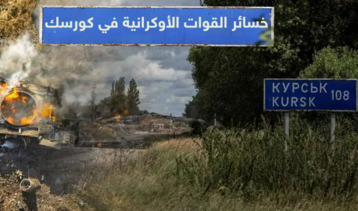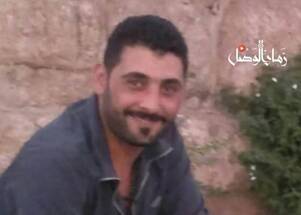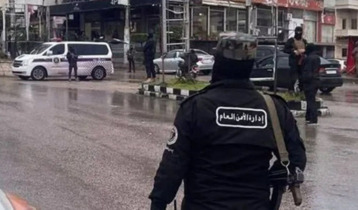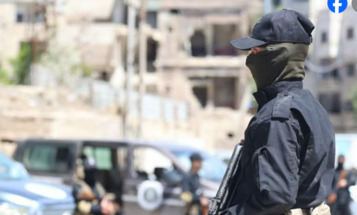-
European Union holds Brussels Conference 6 to support future of Syria
-
Syria today is one of the most dangerous places on earth to be a child. An entire generation is struggling to survive.
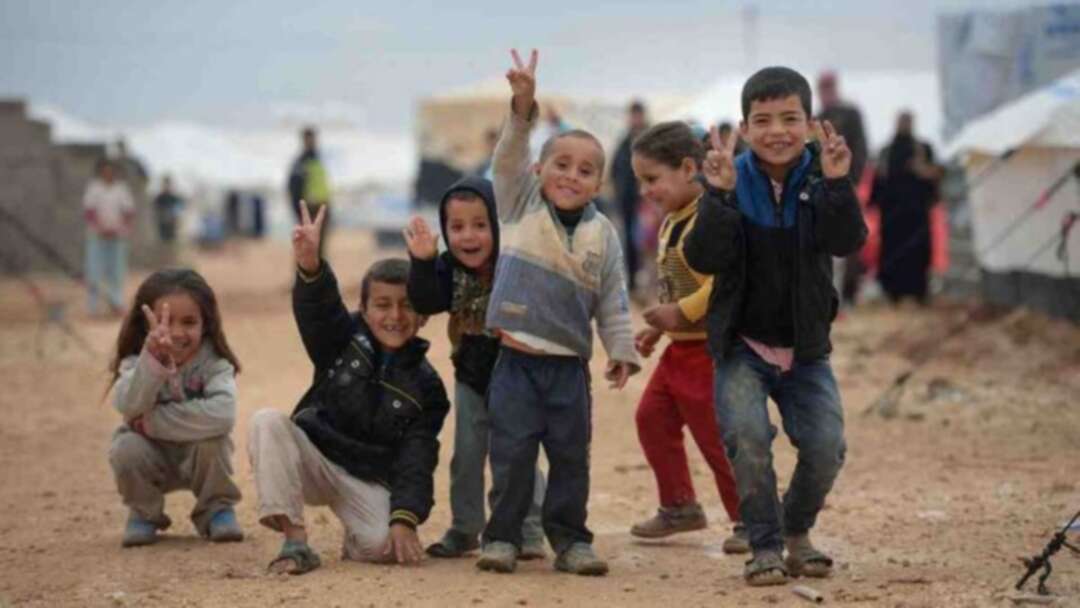
The European Union organises the Sixth Brussels Conference on “Supporting the future of Syria and the region” on 9 and 10 May 2022.
The Ministerial meeting on the 10 May takes place in person in Brussels, while the Day of Dialogue on 9 May was held in a hybrid format to provide an opportunity for the broadest participation by civil society organisations in the region.
UNICEF Executive Director Catherine Russell spoke at the conference, giving full remarks on the situation of Syrian children. She said:
Excellencies, colleagues, and friends, Thank you very much for inviting me here today.
Syria today is one of the most dangerous places on earth to be a child. An entire generation is struggling to survive.
Nearly 90 per cent of people in Syria live in poverty. More than 6.5 million children need urgent assistance – the greatest number of Syrian children in need since the conflict began.
Eleven years of conflict and sanctions have had a devastating impact on Syria’s economy, setting development back 25 years. Most of the basic systems and services children depend on – health, nutrition, water and sanitation, education, and social protection – have been cut to the bone.
Families are struggling to put food on the table. Between February and March (this year), the price of the standard food basket jumped by nearly 24 per cent.
Nearly one-third of all children are chronically malnourished. And the impact of the war in Ukraine on food prices is making a bad situation even worse.
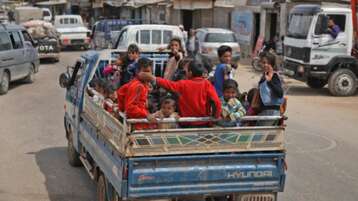
flee from shelling on Hama and Idlib provinces
on May 1, 2019. (File photo: AFP)
These are dangerous, even deadly, times to be a child in Syria.
Attacks on civilian infrastructure have become commonplace. More than 600 medical facilities, among them maternal and children’s hospitals, have come under attack.
Since the war began, we can verify that nearly 13,000 children have been killed or injured – but we know the toll is much higher.
The war hasn’t only scarred Syria’s children physically. Last year, one-third of all children in Syria showed signs of psychological distress – invisible wounds that can last a lifetime.
Children who have fled the war in Syria have also experienced trauma. Roughly 2.8 million (Syrian) children are now living in n Jordan, Lebanon, Iraq, Egypt, and Turkey.
UNICEF warns more than 12 million Syrian children need aid
These children’s lives are riddled with loss, risk, and uncertainty. As one 11-year-old girl told a UNICEF staff member, “I don’t know what the word home means.”
Eleven years of war, disruption, and displacement have also threatened the education of an entire generation. More than 3 million Syrian children are still out of school. But against all odds, approximately 4.5 million children from Syria have access to learning opportunities.
This is thanks to generous funding from donors through initiatives like (The) No Lost Generation, co-led by UNICEF. But it could not be happening without the continuous efforts of local communities, teachers, civil society, and international organisations.
Fifteen thousand Syrian children face the threat of homelessness
I would like to take a moment to acknowledge and commend the generosity and commitment that neighbouring countries – their governments and their people – continue to show.
Many of these countries face their own challenges. Hosting so many children and their families is an additional strain, which makes their generosity even more remarkable.
We know that other crises affecting children are dominating headlines. But the world must not forget Syria’s children.
Palestinians begin aid campaign to build homes for Syrian refugees
Their lives are just as precious – and their futures are just as important.
First and foremost, they need an end to this long, fruitless war. There can be no military solution to this crisis. Only peace can prevent Syria’s children from truly becoming a lost generation.
We also call for an immediate end to all grave violations against children in Syria, including the killing and injuring of children.
Return of Syrian refugees key topic in Turkish Foreign Minister’s talks in Lebanon
Until a sustainable solution can be reached, UNICEF and our partners will continue to do everything we can to reach every child, wherever they are.
The renewal of the Security Council Resolution permitting UN partners to deliver assistance to northern Syria is a critical milestone. We also need to upscale recovery all over Syria – restoring basic systems and services in every sector, to reach every child.
hat includes investing in and removing barriers to education. These children are the future of Syria. They need an education and skills to help rebuild their country when peace is restored.
HRW: Syrian refugees who returned home are risking abuse and persecution
We cannot help the children of Syria without sustained flexible support. UNICEF currently requires 312 million dollars to respond in Syria and urgently requires an additional 20 million dollars to support our work in northwest Syria. To date, we have received less than half of what we require to respond to the needs of Syrian children.
We are counting on you to provide that support. More important, Syria’s children are counting on all of us.
levantnews
You May Also Like
Popular Posts
Caricature
BENEFIT Sponsors BuildHer...
- April 23, 2025
BENEFIT, the Kingdom’s innovator and leading company in Fintech and electronic financial transactions service, has sponsored the BuildHer CityHack 2025 Hackathon, a two-day event spearheaded by the College of Engineering and Technology at the Royal University for Women (RUW).
Aimed at secondary school students, the event brought together a distinguished group of academic professionals and technology experts to mentor and inspire young participants.
More than 100 high school students from across the Kingdom of Bahrain took part in the hackathon, which featured an intensive programme of training workshops and hands-on sessions. These activities were tailored to enhance participants’ critical thinking, collaborative problem-solving, and team-building capabilities, while also encouraging the development of practical and sustainable solutions to contemporary challenges using modern technological tools.
BENEFIT’s Chief Executive Mr. Abdulwahed AlJanahi, commented: “Our support for this educational hackathon reflects our long-term strategic vision to nurture the talents of emerging national youth and empower the next generation of accomplished female leaders in technology. By fostering creativity and innovation, we aim to contribute meaningfully to Bahrain’s comprehensive development goals and align with the aspirations outlined in the Kingdom’s Vision 2030—an ambition in which BENEFIT plays a central role.”
Professor Riyadh Yousif Hamzah, President of the Royal University for Women, commented: “This initiative reflects our commitment to advancing women in STEM fields. We're cultivating a generation of creative, solution-driven female leaders who will drive national development. Our partnership with BENEFIT exemplifies the powerful synergy between academia and private sector in supporting educational innovation.”
Hanan Abdulla Hasan, Senior Manager, PR & Communication at BENEFIT, said: “We are honoured to collaborate with RUW in supporting this remarkable technology-focused event. It highlights our commitment to social responsibility, and our ongoing efforts to enhance the digital and innovation capabilities of young Bahraini women and foster their ability to harness technological tools in the service of a smarter, more sustainable future.”
For his part, Dr. Humam ElAgha, Acting Dean of the College of Engineering and Technology at the University, said: “BuildHer CityHack 2025 embodies our hands-on approach to education. By tackling real-world problems through creative thinking and sustainable solutions, we're preparing women to thrive in the knowledge economy – a cornerstone of the University's vision.”
opinion
Report
ads
Newsletter
Subscribe to our mailing list to get the new updates!

